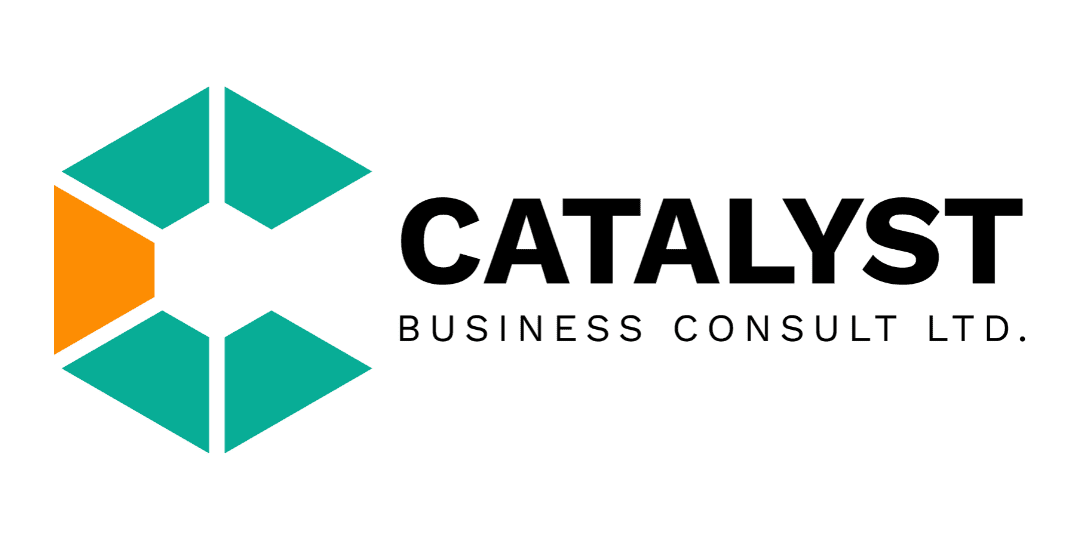Offshoring vs. outsourcing is a topic that frequently comes up when companies discuss cost effectiveness and international expansion. Despite the fact that these terms are occasionally used interchangeably, they refer to two different approaches that businesses take to improve efficiency. Understanding the minute details can lead to professional prospects and entrepreneurial endeavors for Nigerians who are interested in the dynamics of these international practices.
What is Outsourcing?
Outsourcing is when a company delegates certain tasks or services to an external provider, usually within the same country or abroad. This approach focuses on leveraging external expertise to enhance efficiency. For instance, a startup in Nigeria may outsource its customer service to a third-party company rather than managing an in-house team.
Key Benefits of Outsourcing
- Cost Savings: Hiring external vendors often reduces operational costs.
- Access to Expertise: Outsourcing provides access to professionals with niche skills.
- Flexibility: Companies can scale services up or down without worrying about hiring or firing staff.
Challenges of Outsourcing
- Less Control: Companies may lose direct oversight of outsourced tasks.
- Data Security Risks: Handling sensitive information to third parties can pose risks.
What is Offshoring?
Offshoring refers to the relocation of a company’s operations to another country. Unlike outsourcing, the company maintains control while operating in a location with reduced labor costs or favorable tax rules. For example, a Nigerian tech business could establish a development centre in India to capitalize on the country’s trained workforce.
Key Benefits of Offshoring
- Lower Costs: Labor and operational expenses are often cheaper in other countries.
- Global Expansion: It enables businesses to establish an international presence.
- Time Zone Advantages: Companies can achieve round-the-clock operations by offshoring.
Challenges of Offshoring
- Cultural and Communication Barriers: Language and cultural differences can lead to misunderstandings.
- Initial Setup Costs: Establishing operations in another country can be expensive upfront.
Offshoring vs Outsourcing: What’s the Difference and Which is Right for Your Business?
While both strategies aim to reduce costs and improve efficiency, the main difference lies in control and location.
1. Control:
- Outsourcing involves hiring a third party to perform tasks.
- Offshoring keeps operations in-house but in a different country.
2. Location:
- Outsourcing can occur locally or internationally.
- Offshoring always involves moving tasks to another country.
3. Cost Dynamics:
- Outsourcing often incurs service provider fees.
- Offshoring can result in long-term savings despite high initial investments.
Determining which of the above options is right for your business depends on your company’s goals and resources.
- Choose Outsourcing if you need specialized skills, quick scalability, or flexibility without the hassle of managing an international team. For example, outsourcing IT support to a local provider can save you the trouble of hiring in-house experts.
- Choose Offshoring if you want to establish a global footprint and have the resources to manage a remote team. Companies looking for long-term savings through their own overseas operations may benefit more from offshoring.
How Nigerians Can Leverage Offshoring and Outsourcing
In Nigeria, where businesses are increasingly adopting global best practices, understanding offshoring vs outsourcing can be a game-changer. Entrepreneurs can outsource tasks like graphic design, content creation, and tech support to focus on core business activities. On the other hand, tech startups can offshore software development to skilled talent hubs like India or Eastern Europe.
Final Thoughts: Finding the Right Balance
Both offshoring and outsourcing have their merits, but the decision boils down to your specific needs and goals. Whether you’re a Nigerian entrepreneur looking to streamline operations or a company aiming for global expansion, understanding these strategies ensure you make informed choices.
So, the next time someone asks about offshoring vs outsourcing, you’ll know exactly what to say—and how to decide which is best for you.
Kindly follow and Contact us via the following platforms:



2 comments
Oluwatobi Akinmolayemi
29 November 2024 at 11:40
Amazing work 😍
Oluwatobi Akinmolayemi
29 November 2024 at 11:41
Amazing write up
Thank you for this